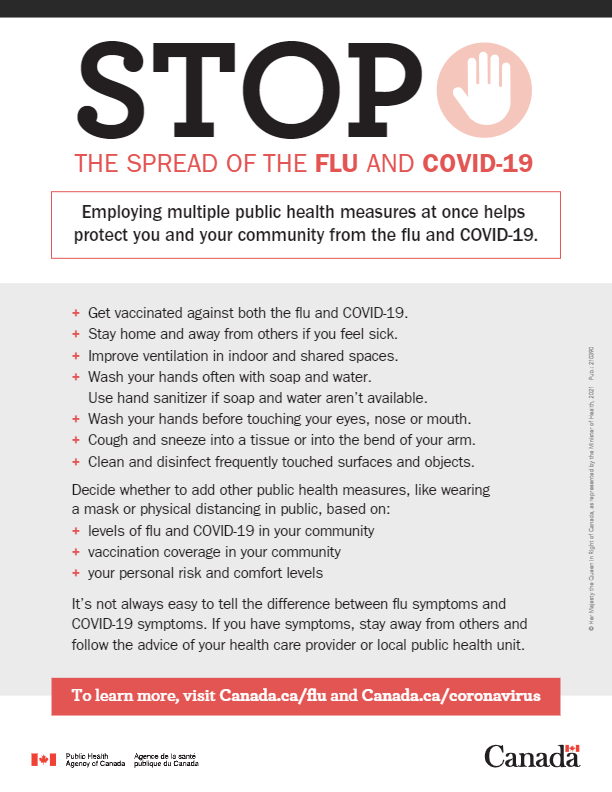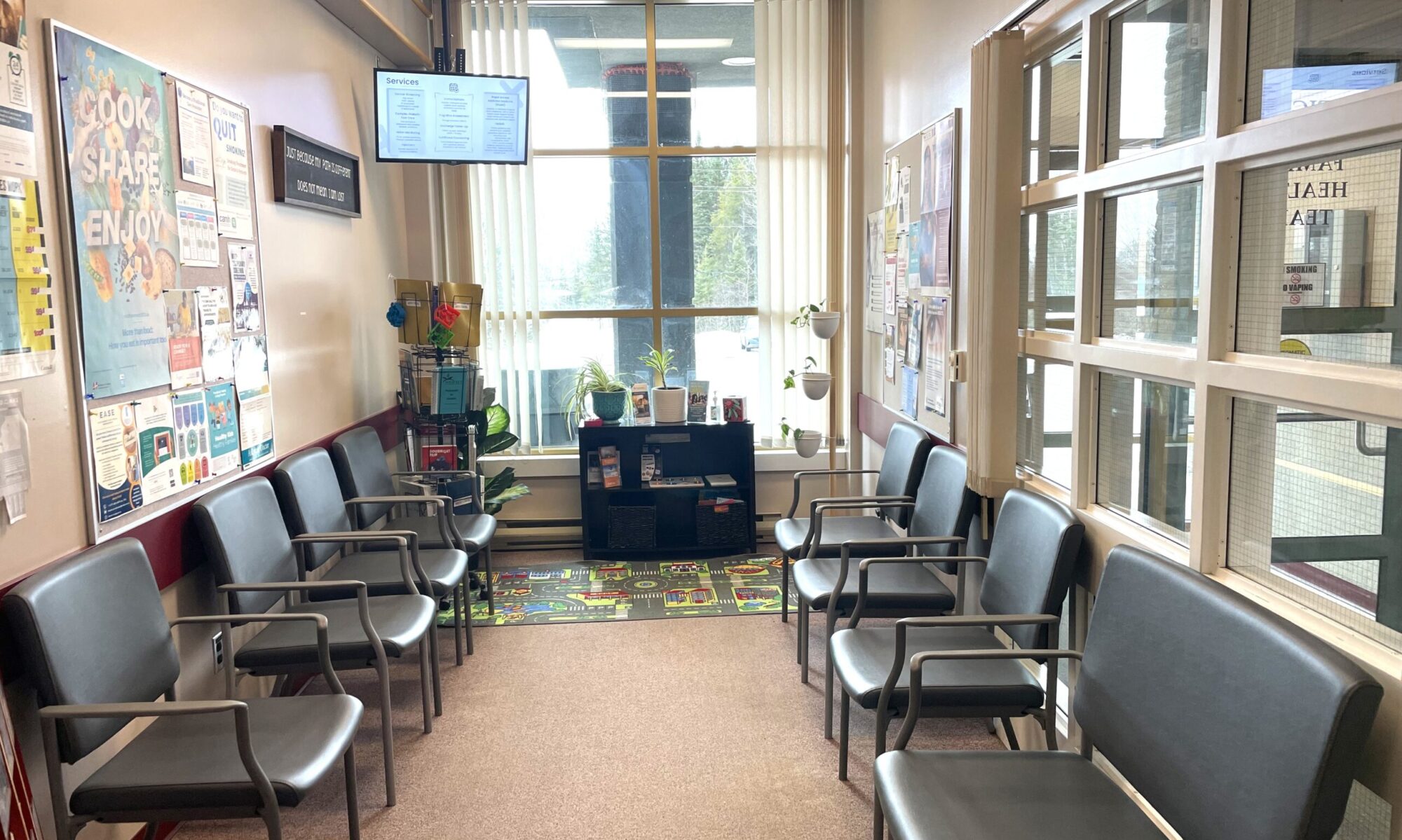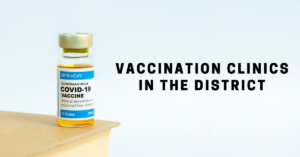Feeling unwell? Did you test positive for Covid-19? Don't know what the current protocols are?
Click the link below for Ontario Health's guidelines on what you should do if you are unwell.
Please click the link below for updated COVID-19 vaccine information:

For More Information about COVID-19 please visit:
https://www.who.int/news-room/q-a-detail/q-a-coronaviruses




